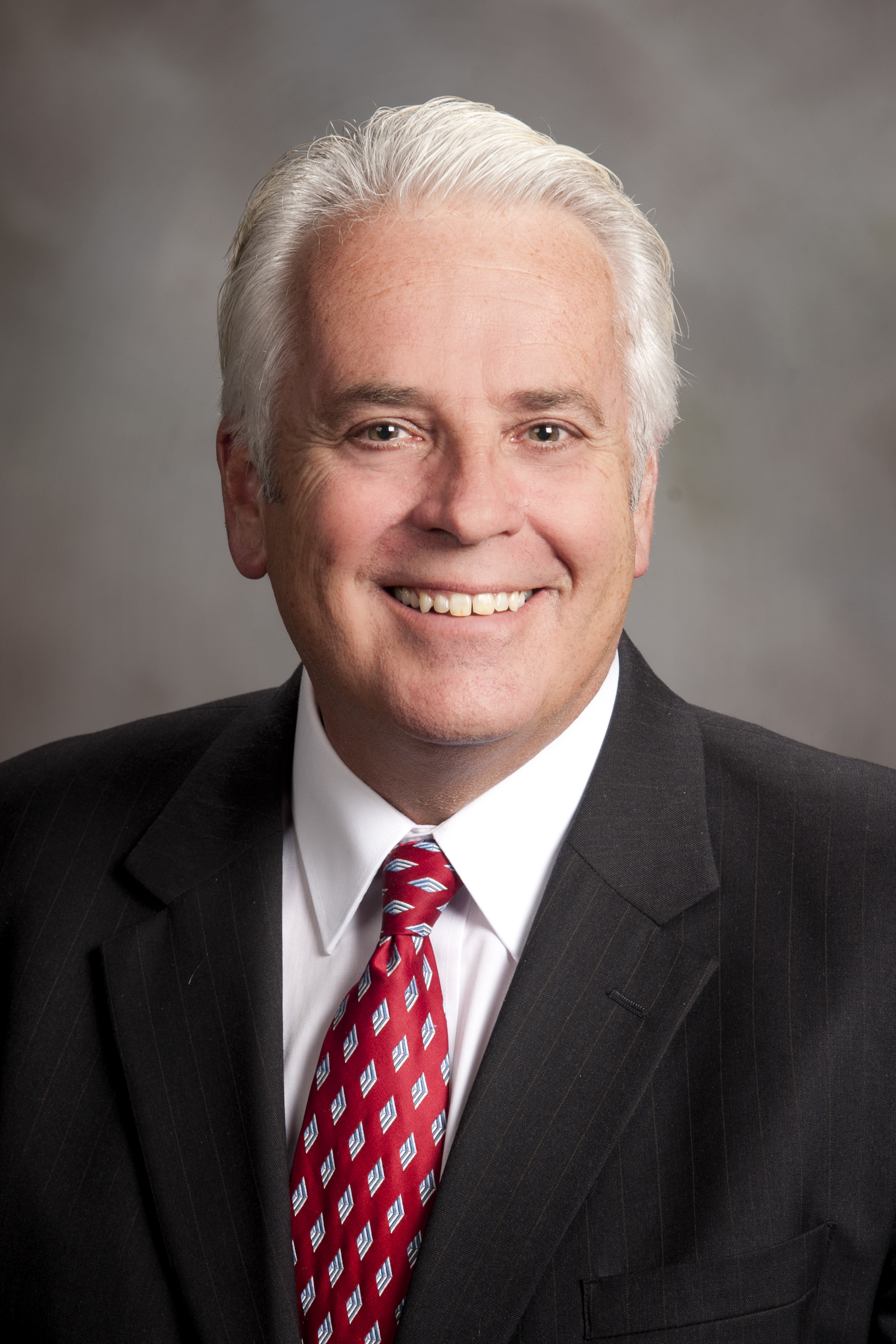Mark Helms named interim associate vice president and chief facilities officer

Mark Helms, director of facilities operations at Virginia Tech, has been appointed the university's interim associate vice president and chief facilities officer.
“Mark has more than 25 years of experience at Virginia Tech in a variety of roles related to campus facilities, grounds, and operations, and his knowledge of our campus infrastructure is second to none," said Sherwood G. Wilson, vice president for administration. " His willingness to serve in this interim capacity further illustrates his commitment to serving our community.”
In his new role, Helms will provide leadership for more than 450 university employees in Facilities Operations, the University Building Official, University Design and Construction, and Facilities Services Finance. He will oversee the care, maintenance and development of Virginia Tech’s growing campus spanning more than 2,600 acres, with 125 buildings and an airport, and will be responsible for the current $150 million capital project program.
Virginia Tech’s Capital Outlay Plan for 2012-2018 includes 63 projects totaling $2.180 billion and is focused on preserving infrastructure and enhancing sustainability.
Helms has worked at Virginia Tech since 1985, and has served as superintendent of renovations, facilities safety engineering and operations superintendent, operations superintendent, director of grounds, assistant director of building and grounds maintenance, and director of building, grounds and housekeeping. He was named director of facilities operations in 2011.
He received his bachelor's degree from Bluefield College.
Dedicated to its motto, Ut Prosim (That I May Serve), Virginia Tech takes a hands-on, engaging approach to education, preparing scholars to be leaders in their fields and communities. As the commonwealth’s most comprehensive university and its leading research institution, Virginia Tech offers 240 undergraduate and graduate degree programs to more than 31,000 students and manages a research portfolio of $513 million. The university fulfills its land-grant mission of transforming knowledge to practice through technological leadership and by fueling economic growth and job creation locally, regionally, and across Virginia.




